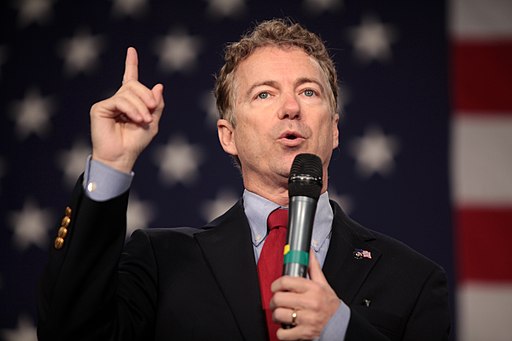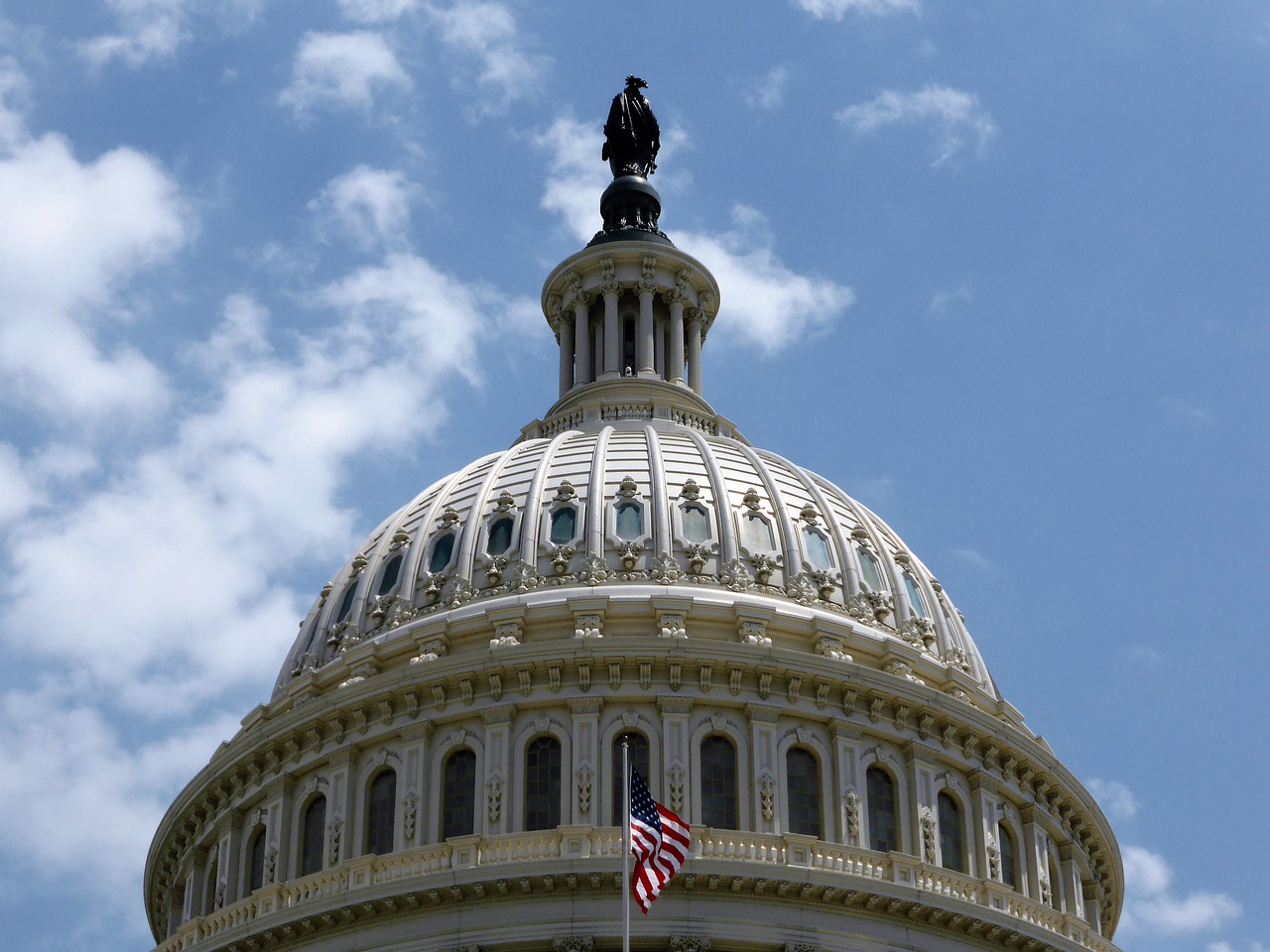The U.S. Government Shut Down… Again
On Friday, the U.S. government was shut down for the second time in three weeks after senators struggled with last-minute objections from Republican Sen. Rand Paul, causing the Senate to miss the February 8 deadline.
Paul was harshly criticized by his fellow Republicans for delaying an inevitable passage vote in the Senate. Despite the backlash, Paul continued to share his thoughts on Twitter.
Tonight, you could feel the frustration and embarrassment growing in Congress as we exposed the hypocrisy of Republicans who are joining in an unholy alliance and spending free-for-all with Democrats at the expense of the American people and our party’s supposed principles.
— Senator Rand Paul (@RandPaul) February 9, 2018
Hours after the midnight deadline, the Senate voted 71-28 to approve a two-year budget deal that would end the shutdown.
The current spending limits would be raised by a combined total of $296 billion through 2019 under the new bill. The agreement also includes an additional $160 billion in uncapped funding for overseas military and State Department operations. An additional $90 billion would be spent on disaster aid for victims of recent hurricanes and wildfires, and tax provisions would add another $17 billion.
A provision is also included in the bill that suspends the federal debt limit until March 1, 2019, after November’s midterm elections.
According to Paul, all of this could have been avoided had fifteen minutes been alotted for a single amendment. However, with the vote to pass, the bill has been sent to the House to end the government shutdown.
“This debate could have been shortened and could have been finished by noon today had we been granted 15 minutes to have one amendment.” – Rand Paul
The Paul-driven shutdown was initiated by his insistence that Senate Majority Leader Mitch McConnell grant him a vote to amend a budget deal that includes $300 billion in new spending. McConnell refused, believing that this would open up the bill to too many amendments, thus prolonging the process. In turn, Paul refused to allow the vote to go forward.
The first government shutdown occurred after the senators failed to agree on a spending bill that would satisfy both sides in regards to the DACA immigration law. In order to end the first shutdown, senators had voted on a stopgap spending bill that extended the funding of the low-income children’s health insurance program, CHIP, for six years, as well as suspend some taxes under the Affordable Care Act. This temporary solution also came with the promise to address the illegal immigration issue and the Deferred Action for Childhood Arrivals.
However, the immigration issue is put on hold yet again. The House speaker argued that Congress needed to agree on a budget before shifting their focus to immigration reform.




